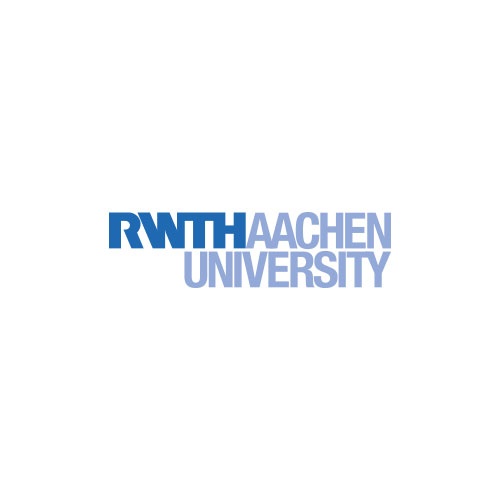RWTH: Gabriele Gramelsberger Receives K. Jon Barwise Prize
Professor Gabriele Gramelsberger is the first German researcher to be awarded the K. Jon Barwise Prize of the American Philosophical Association.
Professor Gabriele Gramelsberger, Chair of Philosophy of Science and Philosophy of Technology at RWTH and director of the “Cultures of Research” Käte Hamburger Center for Advanced Study in the Humanities, builds bridges between philosophy and the sciences. In 2023, Gramelsberger was the first German to be awarded the K. Jon Barwise Prize by the American Philosophical Association for her pioneering achievements in philosophy and computer science. “I am extremely pleased to receive this award. It is a tremendous honor and recognition of my work,” said Gramelsberger. The K. Jon Barwise Prize is considered a pinnacle achievement for philosophers.
Logic is foundational to both philosophy and the sciences. In philosophy, logic is central to the study of knowledge and thought processes. In science, relationships are operationalized with the help of logical principles and mathematical formalization. “Logical and mathematical principles are the fundamental tools for studying how we acquire knowledge, reason, and draw conclusions,” said Gramelsberger.
As an expert at the intersection between philosophy and the sciences, she explores the influence of information technologies on science. “Science is not easy to understand these days, and we don’t know how it will change through the use of simulations and machine learning.” There is already a high degree of automation in research today, for example in labs where artificial intelligence and robotics are used to discover and synthesize new molecules, according to Gramelsberger.
A Different View of Digitalization
As a philosopher, however, she takes an entirely different view of digitalization and its influence on science and society. After studying philosophy in Augsburg, the Munich native completed her doctorate at Freie Universität Berlin in 2001. She researched climate simulations as tools of knowledge generation before joining the Max Planck Institute for Meteorology in Hamburg as a visiting scholar. She then headed the BMBF Collaborative Research Project “Embodied Information: ‘Lifelike’ Algorithms & Cellular Machines”, which investigated the convergence of biosciences and information technology.
Gramelsberger completed her habilitation (post-doctoral lecturing qualification) in philosophy in Darmstadt in 2015. In 2017, she was appointed professor at RWTH, where she founded the Computational Science Studies Lab in 2018, which is dedicated to conceptual research into scientific software and overlaps with the new Research Software Engineering field of study.
“We are trying to understand what happens to scientific concepts when we translate them into research software. Many scientific disciplines develop their own software models and strategies, which are difficult to compare.” Gramelsberger argues that the main goal should therefore be to create open scientific software that ensures the reproducibility of research results.
The Vice Dean for Research at the Faculty of Arts and Humanities is a member of the RWTH Human Technology Center (HumTec) and co-director of the “Cultures of Research” Käte Hamburger Center for Advanced Study in the Humanities. She is a full member of the North Rhine-Westphalian Academy of Sciences, Humanities and the Arts and heads the “Philosophy of Digitality” working group of the German Philosophical Association.
On the occasion of the presentation of the K. Jon Barwise Prize for Professor Gabriele Gramelsberger, the Käte Hamburger Center will host the workshop Epistemology of Arithmetic: New Philosophy for New Times from May 16 to 17, 2024.

